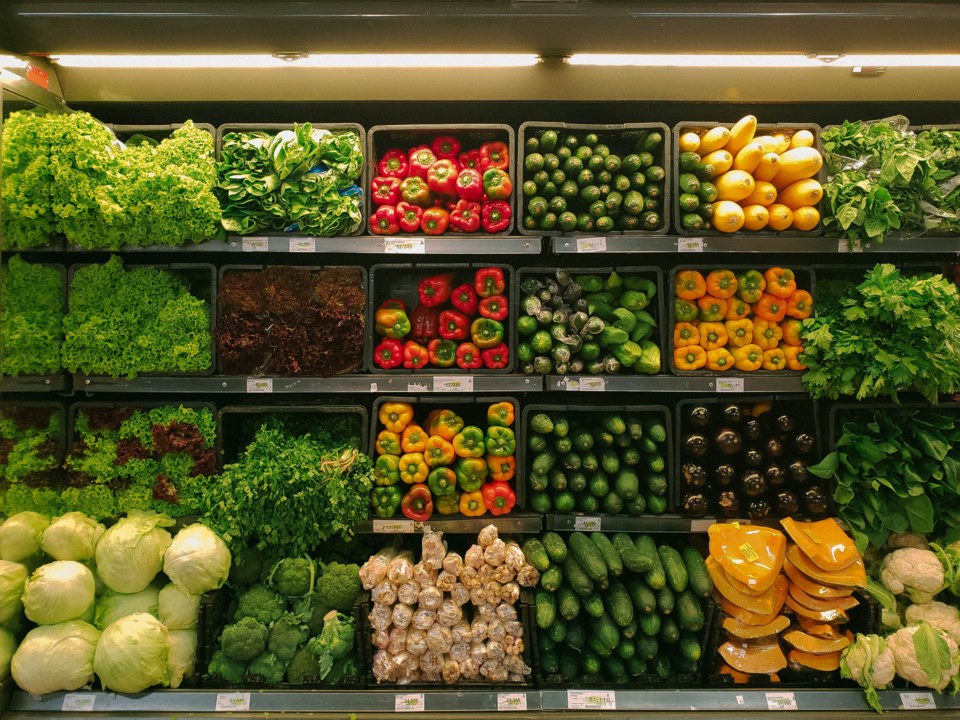In 2019, three UBC students co-founded a non-profit with the goal of providing students access to information with an emphasis on affordable food that helps empower them to make informed eating decisions.
Now, has 20 student volunteers and a guide of over 100 places to eat on campus. posted to their website, the group visited four grocery stores on and nearby campus—Save On Foods, No Frills, Safeway, and Grocery Checkout—to compare prices on 35 different food items to the recently re-opened UBC Food Hub Market.
Overseen by MSc student, Sepehr Kamal, Clara Buchinski tabulated the results and determined that the UBC Food Hub was the most affordable place to buy groceries, followed closely by No Frills (37 per cent more expensive). It was also determined that Grocery Checkout was almost 92 per cent more expensive than the Food Hub, concerning given its prime location inside the AMS Nest.
The UBC Food Hub Market is a student-led at-cost grocery store in the CIRS building, and while it didn't have every grocery item on the Campus Nutrition list (no chicken or ground beef), it's open to everyone. A grocery shop that included produce, protein, dairy, dry goods, and cleaning supplies came out to less than $100.
The results are also colour coded to indicate which item is cheapest and which grocery store. Even though the Food Hub was cheaper overall, it wasn't the least expensive option for every item. For instance, a banana or a bunch of carrots cost less at No Frills and the chain is also most affordable for dairy products.
It is also worth noting that the students compiled this data in December and there have been changes to grocery prices since the new year. Loblaws, the parent company of No Frills recently ended its prize freeze and Whole Foods has some products priced lower than any other store.
The students observe that No Frills has a more "plentiful product selection," writing that they "found the product variety at the Food Hub Market sparse in comparison."



